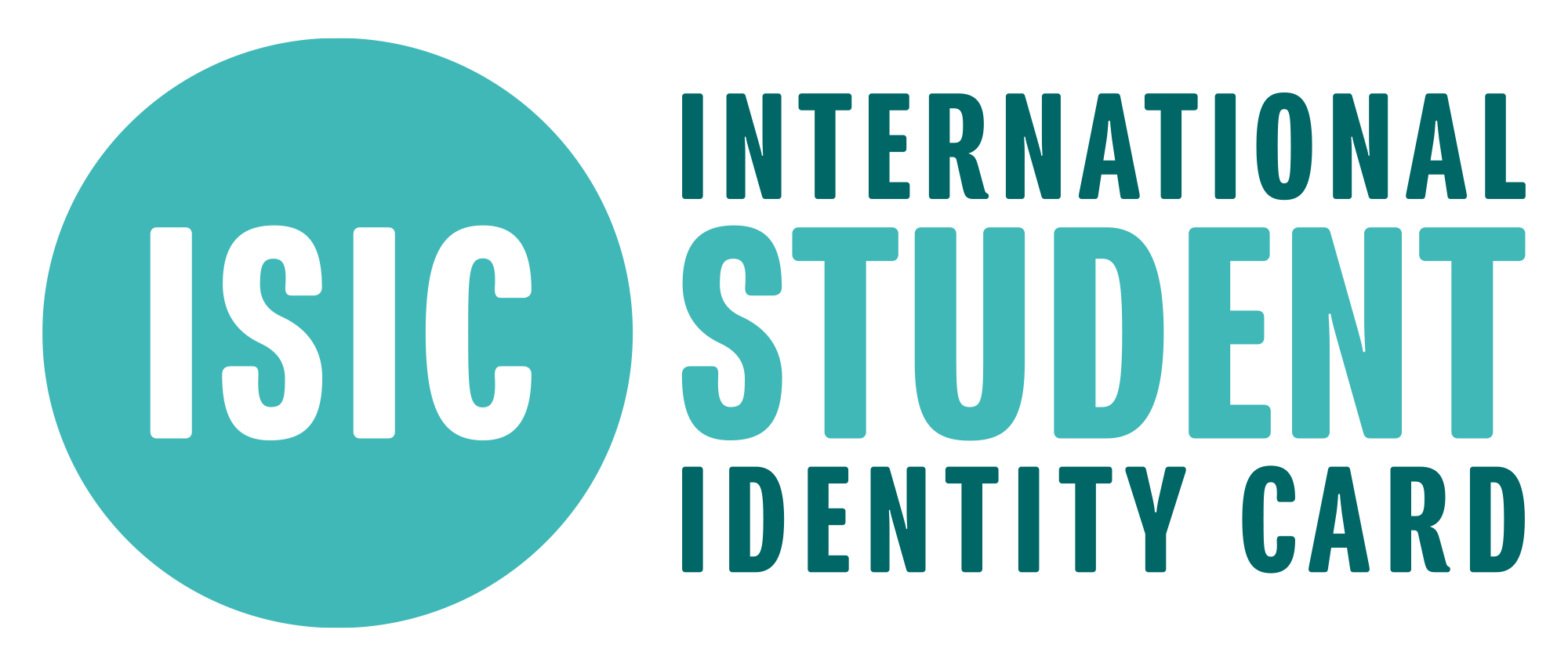
Going abroad, but no idea about visa? Check out ISIC's tips for visas and official documents you need to have in order before going abroad!
Visas and official documents when going abroad
Going abroad? Great! Whether you are going abroad to study, to work, to do an internship, to volunteer or to just travel, make sure you've got all the needed official documents with you and that they are valid. Visa and document regulations are usually set individually by each country, so take your time to figure out what regulations apply to studying, working or travelling at your future destination. There are a few rules of thumb that apply to almost all destinations, so make sure that you've got the basics covered before heading out:
- Carry a valid passport and/or identity card
- Register with your ministry of foreign affairs that you are going abroad
- Get travel insurance
- Let your bank know that you are travelling. Check any country/region restrictions that may apply on your debit and/or credit cards.
- Pack prescriptions when carrying prescription medicine with you. Make sure the medicine you need is legal at your destination.
- Make sure your vaccinations are up to date, and if there's any region/destination specific vaccinations you need to take before travelling
Travel abroad
In the Nordic countries citizens of other Nordic countries (Denmark, Finland, Iceland, Norway and Sweden) can move freely without an official travel document (a passport). Please note that you will still have to be able to prove your identity, if requested to do so by local authorities, so it is recommended that you travel with either a valid passport or an identity card. EU citizens can move freely within the Schengen area without an official travel document, but as with the Nordic countries, you have to be able to prove your identity and nationality upon request, so carry a valid passport or an identity card with you.
The Schengen states are the Netherlands, Belgium, Spain, Iceland, Italy, Austria, Greece, Latvia, Liechtenstein, Lithuania, Luxemburg, Malta, Norway, Portugal, Poland, France, Sweden, Finland, Switzerland, Denmark, the Czech Republic, Hungary and Estonia.
EU countries that are not in the Schengen area are Ireland, Romania, Bulgaria, Cyprus and Croatia.
Other destinations abroad require you to carry a valid passport and may also require a visa for travelling. Most tourist visas a valid for 90 days, so you've got plenty of time to explore your destination with this visa alone. Some countries require you to have a flight booked back to your home country or to your next destination before granting the visa, and sufficient means to support your stay in the country for the planned duration of your trip. Many visas, such as the tourist visas to the USA, Canada and India, can be applied online, and you should do this well before you travel.
Study abroad
Most countries have a separate visa for degree studies and exchange students that covers the entire length of your stay. It is often also possible to apply for visa extension, if your studies continue or are delayed for some reason. Remember though, that if you wish to stay in the country, for example after your exchange study period, your old visa type may not cover your extended stay, and may thus have to apply for a new visa. If you are planning on studying abroad in a country that requires you to have a student visa, contact your destination school well in advance and ask their student services for help to find out what is the correct visa type to apply for.
Work abroad
In the EU, within the ETA and in Switzerland there are no restriction to the movement of people when it comes to employment. It is common to leave one's home country to work or to do an internship abroad right before or soon after one has graduated, and many leave because they want to gain working life experience, enhance their language skills or because there aren't possibly many interesting positions available on your field of study in your home country. As with studying, there are different visa types for working abroad, and some visas may grant you the right to study while working in your destination country (such as the Working Holiday visa to Australia). If you know you are going abroad for a fixed time, contact your future employer or your ministry of foreign affairs about what is the right visa type for you, as some visas for working may differ according to the time you will spend at your destination.
Sources:
Euroopan unioni: Työluvat
Ulkoministeriö - Viisumi ja oleskelulupa
Ulkoministeriö - Terveys ja rokotteet
Euroopan unioni: EU-kansalaisten matkustusasiakirjat
 Get your ISIC card
EUR 10
Get your ISIC card
EUR 10
